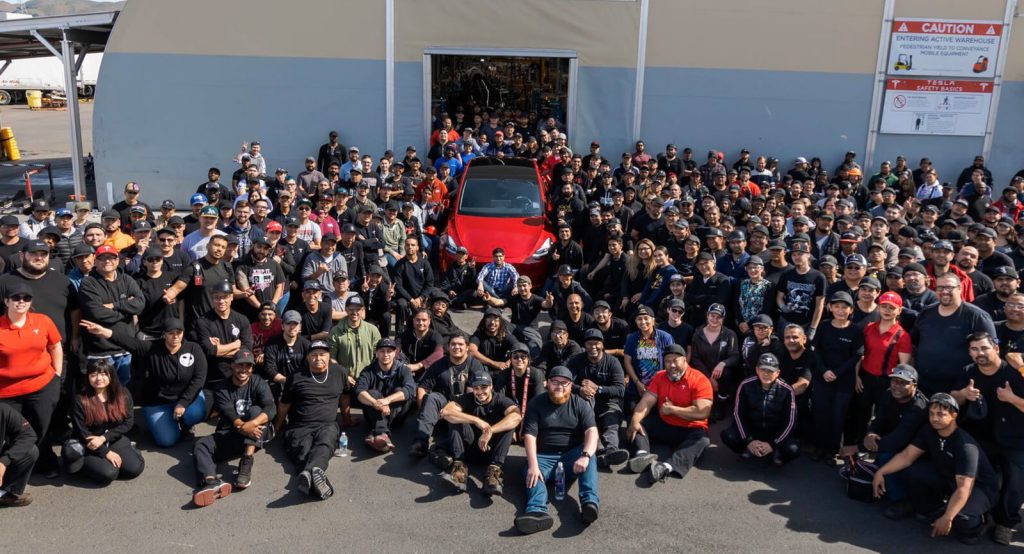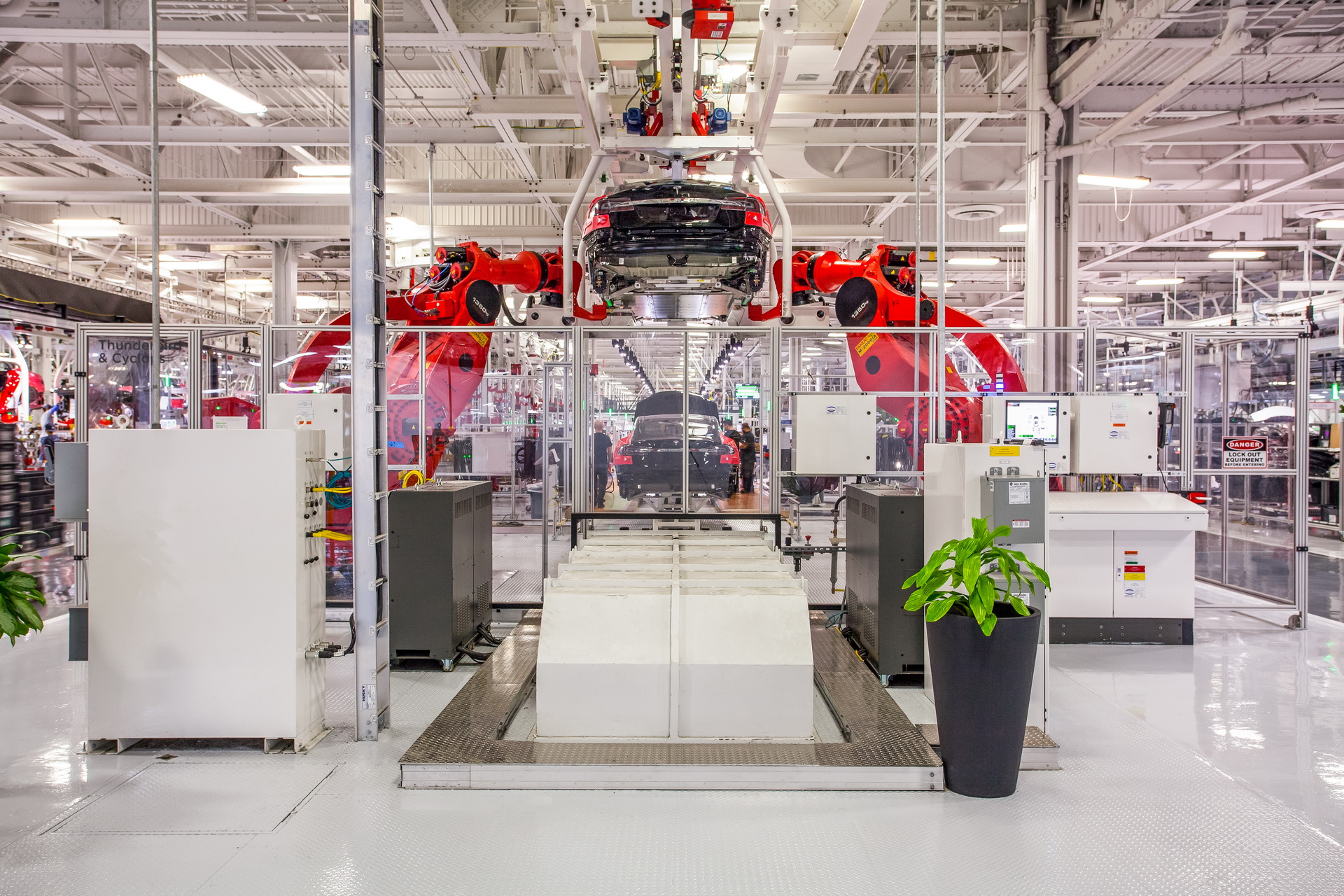Tesla’s assembly plant in Fremont will remain open despite the “shelter in place” lockdown announced by six Bay Area counties, as Alameda County declared the company an “essential business”, enabling them to remain in operation.
When asked what’s essential about automobile manufacturing amid a virus pandemic from LA Times, Alameda County spokesman Ray Kelly simply responded by saying “That’s a good question,” promising to offer more information in the near future. “We’re in uncharted waters right now.”
Read More: Volkswagen Suspends Production Across Europe, Joining Toyota, FCA, PSA And Others
Tesla’s Elon Musk said that the Fremont factory will continue to operate in an email to employees but added that they can stay home if they want. “If you feel the slightest bit ill or even uncomfortable, please do not feel obligated to come to work,” he added.
Several Tesla employees shared the email with LA Times. “I’m going in on [when my next shift starts] Thursday unless anything changes,” one employee said. “Don’t want to risk losing my job. But the main thing I am worried about is getting it and bringing it home to my senior parents 67 and 74 one of which has emphysema. But what [am] I supposed to do??”
Musk added his personal take on the outbreak, saying that “the harm from the coronavirus panic far exceeds that of the virus itself”. Tesla’s CEO estimates that the coronavirus cases “will not exceed 0.1 percent of the population.”
“I will personally be at work, but that’s just me,” he wrote, and ended the email with “I’d rather you were at home and not stressed, than at work and worried.”
The “shelter at home” order issued by six Bay Area counties on Monday shuts down effectively most businesses, with the exception of a long list of “essential businesses”. Alameda County is the home of Tesla’s Fremont factory.
According to Alameda County’s Public Health Department, businesses that are allowed to operate under the new order “include healthcare operations; businesses that provide food, shelter, and social services, and other necessities of life for economically disadvantaged or otherwise needy individuals; fresh and non-perishable food retailers (including convenience stores); pharmacies; child care facilities; gas stations; banks; laundry businesses and services necessary for maintaining the safety, sanitation and essential operation of a residence.” The order also exempts gas stations, auto-supply, auto-repair and related facilities.






